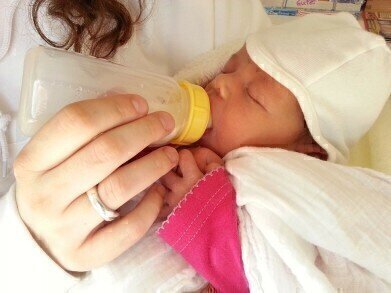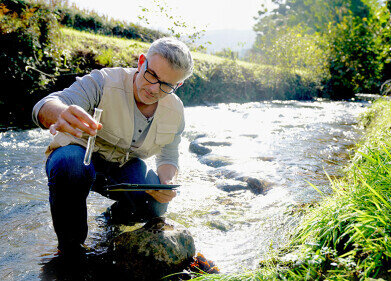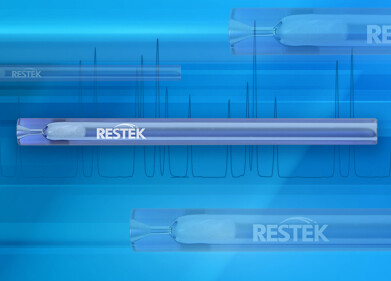Environmental Laboratory
How Many Microplastics Come from Baby Bottles?
Nov 25 2020
Babies drinking formula milk from plastic bottles are swallowing millions of pieces of microplastics every single day, according to a new study conducted by a team of international scientists. The research, which was published in the scientific journal Nature Food, found that the high-temperature preparation techniques used to create formula milk was responsible for shedding millions of microscopic particles from the containers which consist of them.
The findings are thought to be especially concerning, given that babies’ bodies are so vulnerable at such a young age. However, they’re far from the only group at risk. Boiling water in a kettle and microwaving food in a plastic container is also thought to contribute similar amounts of the contaminant to the food and drink we consume – and that’s before our exposure to airborne plastics is even taken into account.
Alarming results
The study came about when one of the scientists noticed that the filters they were trying to develop kept becoming clogged with microplastics after sterilisation, which were then traced back to the polypropylene equipment in the laboratory. This prompted the question of what might happen when sterilising the bottles used to feed babies formula milk.
For their investigation, the scientists followed the official guidelines for making formula according to 10 different brands. First of all, they sterilised the bottles with water heated to 95°C, then mixed the formula powder with water at 70°C to create the milk. Both steps were found to produce a large amount of microplastics and even more nanoplastics, though these latter substances are too small to provide an accurate estimate of their number.
They then cross-referenced their lab results against bottle-feeding data gathered from 48 regions of the world, covering roughly 75% of the global population. Their studies showed that on average, babies consumed 1.6 million microplastics per day for the first year of their lives when bottle fed, though the figure was far higher in some countries. The UK returned one of the worst results, at 3.1 million per day.
More research needed
Although those numbers sound very alarming, it’s unclear precisely how dangerous microplastics are and what effects they might have on the human body in the long run. While many of the total number that are ingested will simply be excreted out almost straight away, an unknown number could infiltrate the bloodstream and thereby travel to other parts of the body, potentially causing problems.
“A study last year by the World Health Organization estimated adults would consume between 300 and 600 microplastics a day – our average values were on the order of a million or millions,” explained Professor John Boland, one of the authors of the paper. “We have to start doing the health studies to understand the implications. We’re already working with colleagues to look at what buttons in the immune system these particles begin to press.”
At present, the polypropylene bottles examined in the research comprise 82% of the baby bottle market. Health-conscious parents who wish to err on the side of caution might turn to glass alternatives, though these come with the risk that they might break when subjected to excessively hot liquids. A more time-consuming method could be to rinse the bottle with water boiled and then allowed to cool in a non-plastic container, before preparing the formula in another non-plastic receptacle and pouring it into the bottle for use.
Digital Edition
IET 34.2 March 2024
April 2024
Gas Detection - Biogas batch fermentation system for laboratory use with automatic gas analysis in real time Water/Wastewater - Upcycling sensors for sustainable nature management - Prist...
View all digital editions
Events
Apr 24 2024 Jakarta, Indonesia
Apr 24 2024 Sao Paulo, Brasil
Apr 30 2024 Melbourne, Australia
Apr 30 2024 Birmingham, UK
May 03 2024 Seoul, South Korea


















